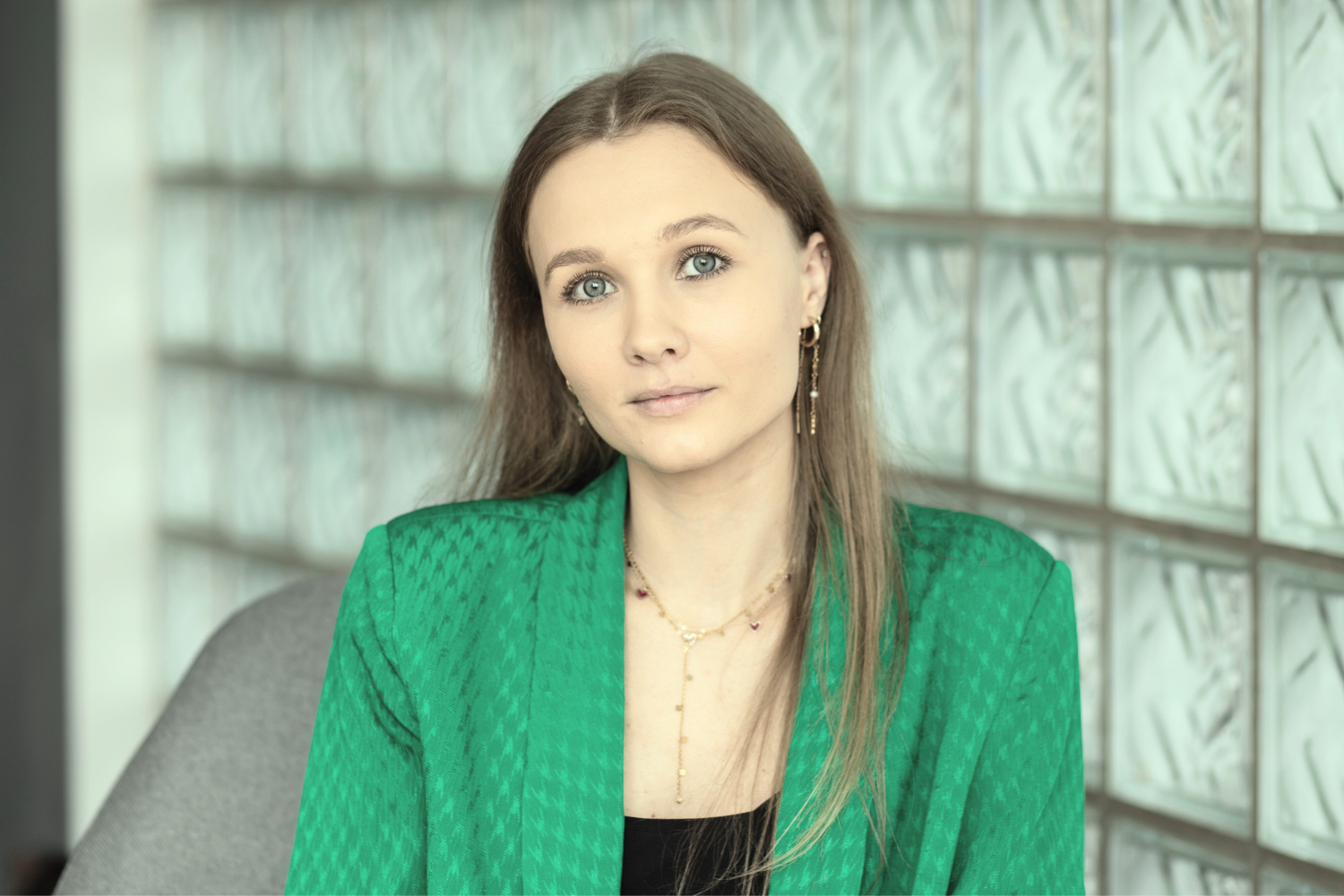Lina was diagnosed in 2020, at the age of 55.
Getting the diagnosis was a long journey. For some time, Lina had noticed that she was struggling to manage the flood of emails she received at work. After an extended process and numerous tests, she was finally diagnosed with Parkinson's.
The diagnosis came as a shock – something that felt completely unexpected and out of place in her life.
"When the doctor told me she suspected it might be Parkinson's, I responded, 'That can't be right. I don’t even tremble."
Like many people, Lina associated the disease primarily with visible tremors, unaware of the wide spectrum of other symptoms. But later that evening, curiosity and concern led her to start reading more.
As she learned about the broader range of symptoms, she began recognizing herself in the descriptions. It was then that her disbelief turned into a quiet certainty: the diagnosis made sense.
Living with Parkinson’s
Parkinson’s disease is a progressive neurological disorder that affects movement and can cause both motor symptoms like tremors and rigidity, and non-motor symptoms like fatigue, depression, and cognitive challenges.
One of the most challenging aspects for many patients is the fluctuation in symptom control, known as “wearing-off” periods, when medication abruptly or gradually stops working, leaving patients vulnerable to a return of symptoms.
Right now, Lina is in a good phase. But she’s also experienced difficult periods where the medication had no effect. She vividly remembers one day in a busy city square in Copenhagen. It was winter, and both she and a friend – who is further along in her illness – were having an off period.
"Neither of us could use our hands. So, there we were, walking around with our jackets wide open in the freezing cold."
Eventually, they had to ask a stranger for help to zip up their coats.
The Invisible Struggles
Fatigue is one of the most persistent symptoms Lina deals with. As the day progresses, her energy levels drop significantly, often leaving her exhausted by evening. She finds herself needing more sleep than she ever did before.
In the past, she had a busy calendar full of activities. Now, even small tasks exhaust her, and she needs a lot of rest. But the worst part is the mental challenges –confusion, lack of initiative, and difficulty processing things.
"It’s incredible how hard it is to pull yourself together. I keep procrastinating. The physical symptoms are tough, but it’s the mental ones that are the most difficult."
What do you wish more people knew about living with this diagnosis?
"I wish more people understood that most of us can’t handle pressure very well. Like when you're standing at the checkout line in a store and trying to pack your groceries – it can take a lot longer for someone like me. And then you feel those stares."
"That’s the hardest part of having an invisible disability, which Parkinson’s often is. It’s more difficult than having a visible injury, like a broken arm."
She also wishes there was greater awareness of the disease so patients like her could be diagnosed earlier.
"When my doctor said, 'Try to see if you recognize any of the symptoms,' I recognized a lot. I’ve spoken with so many people with Parkinson’s who had no idea what the disease really involved. Some had symptoms for five to ten years before getting a diagnosis."
"It’s such a shame – and very costly – that no one puts the pieces together. You just don’t think it could be Parkinson’s if you don’t know the disease."
Looking Toward the Future
Today, Lina requires intensive treatment where she must take a pill every three hours.
"I’ve never been very structured, and it takes a lot of planning to remember to take your medication – especially in relation to meals, since you can’t eat right before or after."
What would it mean for you if you didn’t need to take pills anymore?
"I get emotional just thinking about it. It’s my dream. That would be amazing. It would make a huge difference in my life. I’d be so happy if that became a reality."


